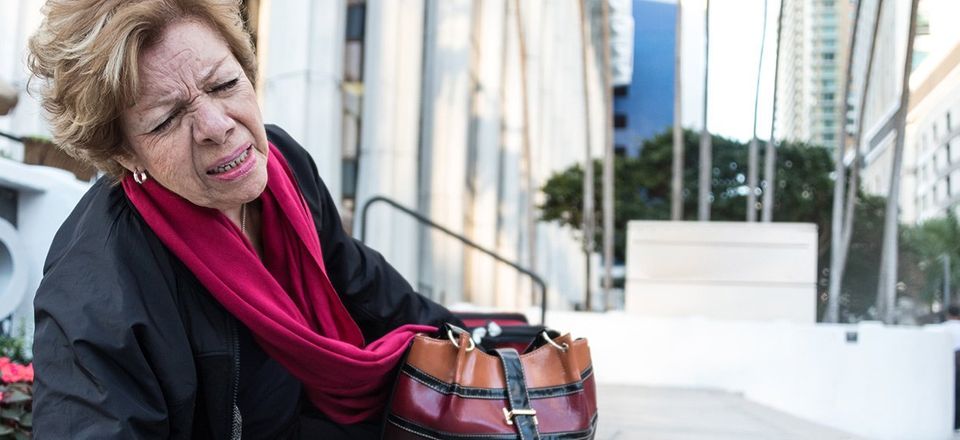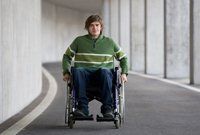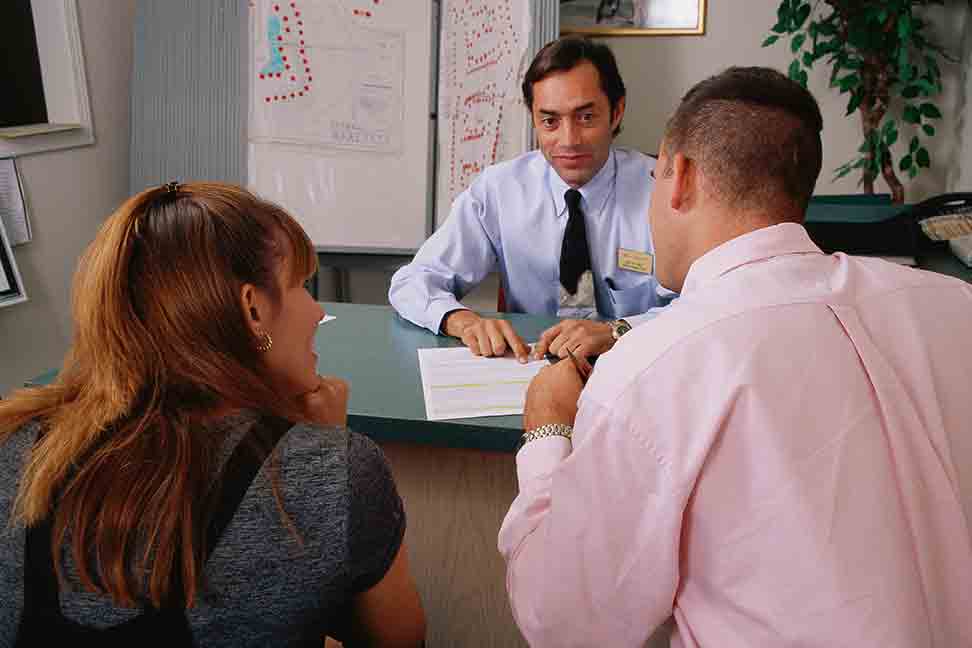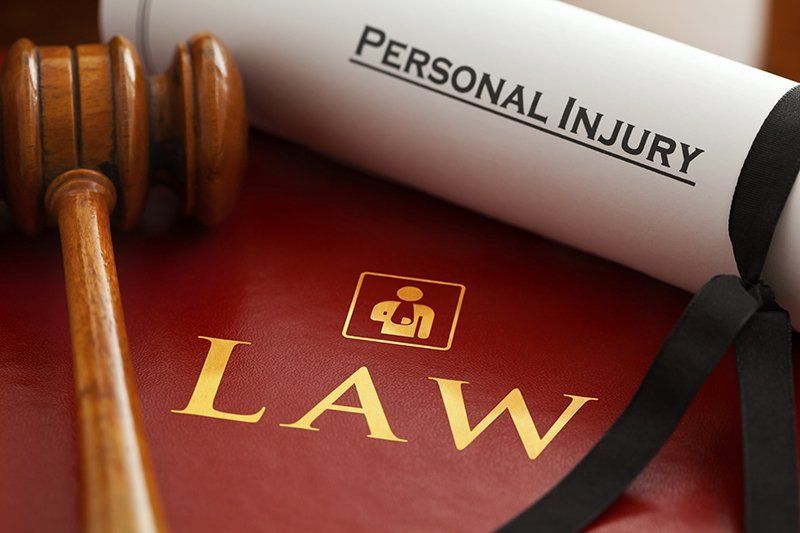3 Things You Need to Prove Nursing Home Abuse or Neglect
Admin • October 11, 2017

A person who has suffered nursing home abuse and neglect, or their family, deserves compensation.
However, suing can be more difficult than you might expect. Nursing home residents are typically there because they have medical problems, and those medical problems can muddy the waters. The nursing home may claim that your loved one's condition is a result of their medical condition and not a sign of abuse or neglect.
Take a look at some ways that you can refute that claim in court.
Witness Depositions
Simply asking the right questions of the right people can reveal whether or not your loved one was receiving the quality of care that they should have been receiving. Your lawyer will need to take depositions from nursing home staff and others who may have knowledge of your loved one's condition and treatment while they were in the nursing home.
While you may expect that the nurses, aides and administrators at the nursing home will be deposed as witnesses, there may be some people who should be deposed that you hadn't thought of. For example, other nursing home residents can be valuable witnesses.
Many nursing home residents have only semi-private rooms, so there's a good chance your loved one has a roommate. If that roommate is alert and oriented, they could be a valuable source of information about your loved one's treatment. Other nursing home residents who may have interacted with your loved one in dining rooms or other common areas can also be deposed.
Medical Testimony and Records
If you suspect abuse or neglect, it's important to make sure that you get your loved one to a hospital or their own physician for an examination, and make sure that you get copies of the records for your files. Medical records and expert testimony from a doctor unconnected with the nursing home can also prove your case for abuse or neglect.
For example, one type of neglect is failing to properly feed and hydrate the patient. Dehydration, in particular, can cause serious medical problems or result in death, and many nursing home residents are unable to get their own food and drinks. Even if food and beverages are delivered, the resident may need to be fed.
A doctor can tell whether your loved one is dehydrated, or whether their condition has another cause. Blood and urine tests can reveal dehydration. These test results can later be used in court, along with testimony from the doctor.
Photographic Evidence
Finally, it's important to get photographic evidence of neglect or abuse when possible. Physical signs of neglect and abuse, like bedsores and bruises, can heal long before a case ever gets into court, so it's important to have a record of them.
Make sure that you have your own pictures of these types of marks, even if the nursing home staff photographs them as well. That way, the nursing home won't be able to claim that the pictures were lost when the case goes to court-you'll have your own pictures to submit as well.
It's not uncommon for nursing homes to have rules about taking pictures in the nursing home, but these are primarily for the protection of other residents that may not want their pictures to be taken. You should be within your rights to take a picture of your own loved one with their permission or with the permission of the person acting as their power of attorney. Don't allow the nursing home staff to prevent you from taking pictures of bruises, bedsores or other physical signs of abuse or neglect.
An experienced attorney
can help you find evidence of neglect and abuse and advise you about what to do with evidence that you've already collected. If you suspect that a loved one is being neglected or abused in a nursing home, seek out legal help without delay.

More than 37 million Americans are disabled, and just about half become disabled before retirement age. If you become unable to work due to a disability, you may qualify for financial benefits through the Social Security Disability program. Before filing a disability claim, here's what you should know.








